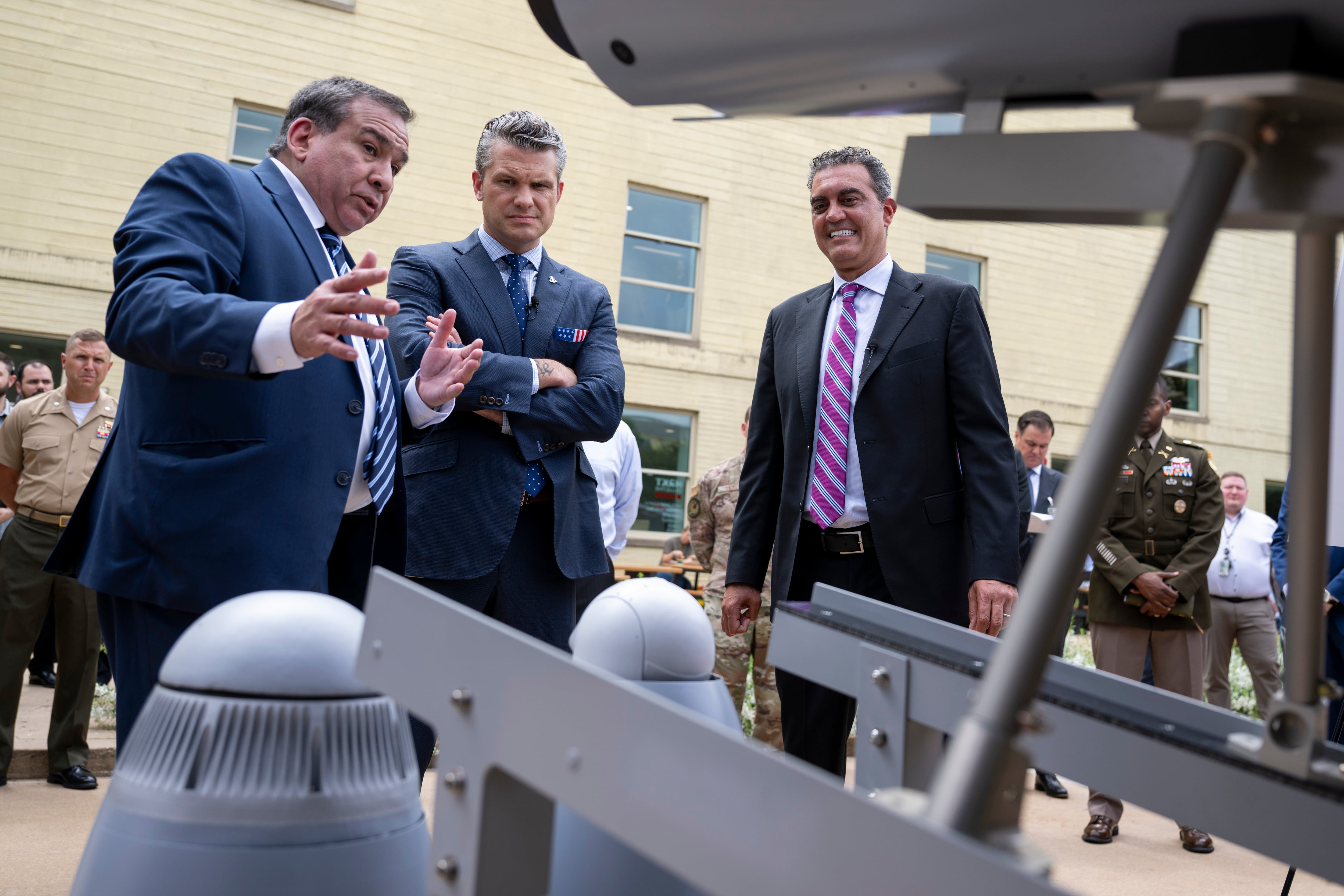WASHINGTON — U.S. Cyber Command has played a pivotal role in shielding networks and critical infrastructure stateside and abroad in the run up to and during Russia’s attack on Ukraine, its leader told Congress this week.
Along with tasking teams with identifying cyber vulnerabilities and threats — operations that have since “bolstered the resilience of Ukraine” and others — the command has gleaned and shared intelligence, worked hand-in-glove with U.S. government and industry, and pursued extensive contingency planning, Gen. Paul Nakasone said April 5.
“In conjunction with interagency, private sector and allied partners, we are collaborating to mitigate threats to domestic and overseas systems,” he continued in written testimony provided to the Senate Armed Services Committee.
In Ukraine, specifically, Cyber Command has provided remote analytic support and conducted network defense activities, Nakasone testified. The general is also the director of the National Security Agency.
Senate Armed Services Committee Chairman Jack Reed and Sen. Mazie Hirono on Tuesday applauded Cyber Command’s ongoing efforts and its earlier exposure of Russian plans.
“That was very helpful to enable all of us to be much better prepared for this sudden, terrible war that is happening in the Ukraine,” said Hirono, a Hawaii Democrat.
Russia’s latest invasion of Ukraine, which began in earnest Feb. 24, was preceded by a flurry of cyberattacks. They continue to this day, according to the Ukrainian government, with communications systems and other infrastructure as primary targets.
The State Service of Special Communication and Information Protection of Ukraine on March 29 declared “cyberwar is underway,” noting “cyberoffenders keep on attempting to cause harm to Ukraine’s information infrastructure or to collect important information.”
Russia’s military and intelligence forces are employing “a range of cyber capabilities, to include espionage, influence and attack units, to support its” physical attacks and its international propaganda campaign, Nakasone said April 5. The current crisis, he added, is not over.
Sen. Jacky Rosen, a Nevada Democrat, concurred.
“We know Russia’s launching cyberattacks against Ukraine,” she said, “hitting the country’s national telecommunications industry just last week and causing great denial of service and service disruptions.”
The Pentagon is seeking $11.2 billion for cyber in fiscal year 2023 — a boost of $800 million, or nearly 8%, over the Biden administration’s previous cyber ask. The suggested increase indicates a growing appreciation of cyber as well as the importance of U.S. forces in the digital domain.
“Cybersecurity is national security,” Nakasone told lawmakers.
Colin Demarest was a reporter at C4ISRNET, where he covered military networks, cyber and IT. Colin had previously covered the Department of Energy and its National Nuclear Security Administration — namely Cold War cleanup and nuclear weapons development — for a daily newspaper in South Carolina. Colin is also an award-winning photographer.
More In








